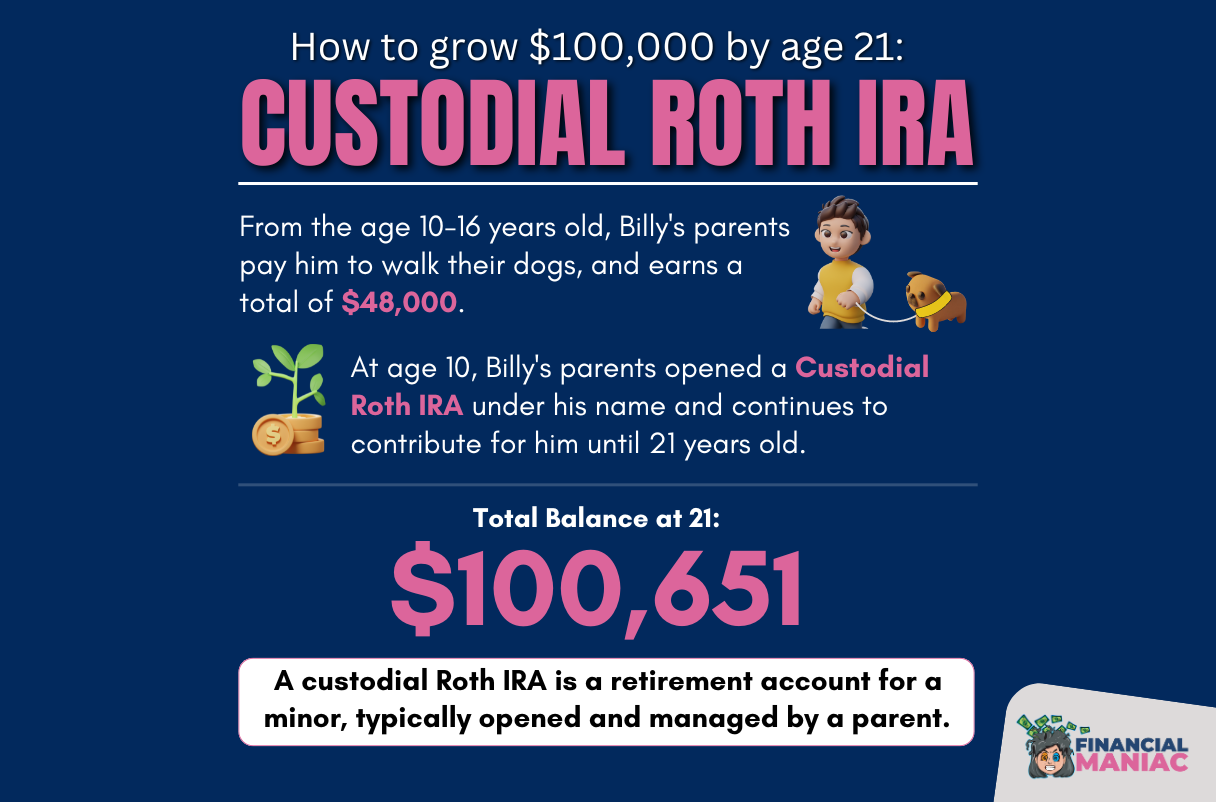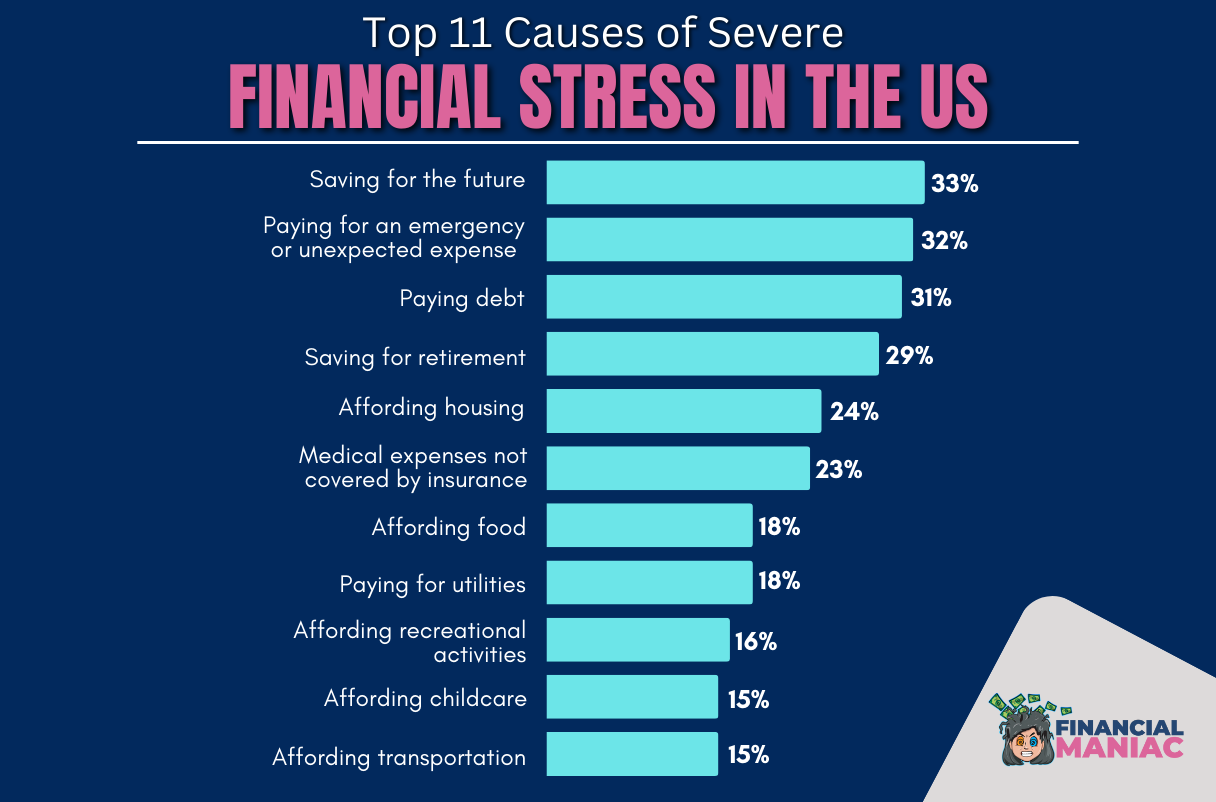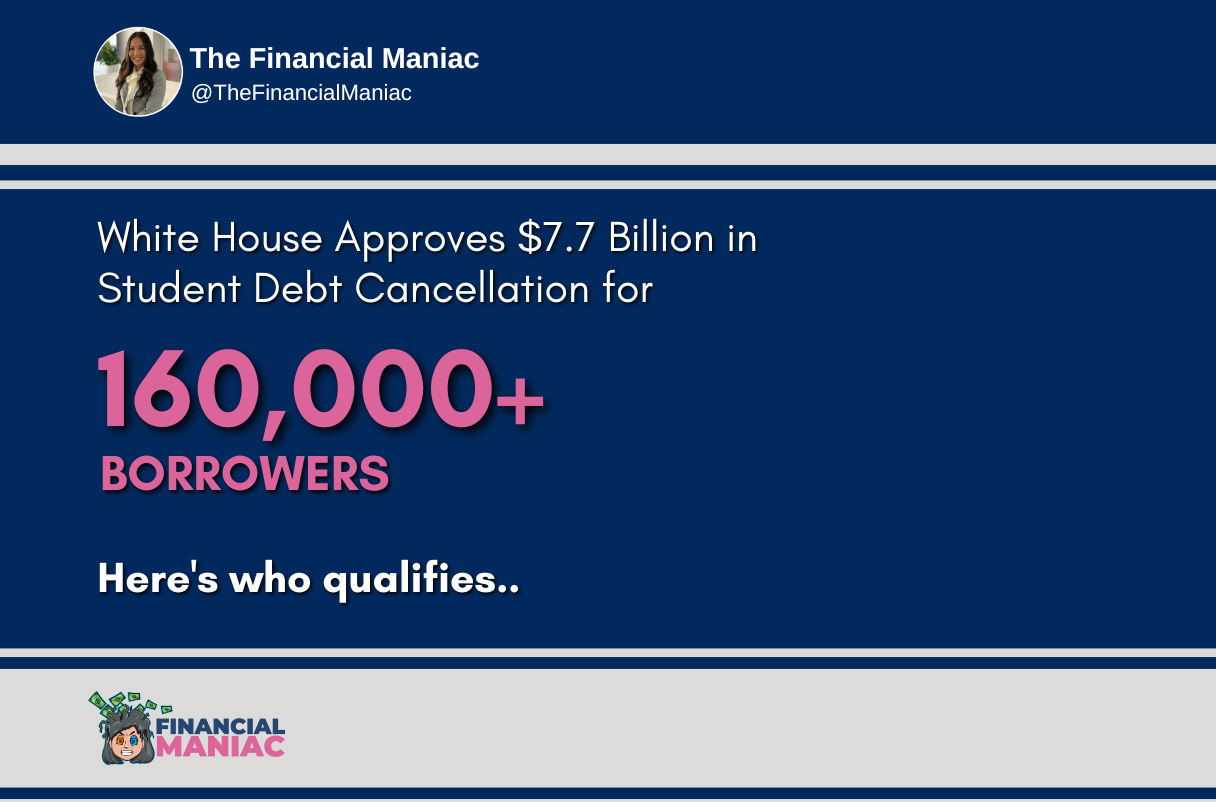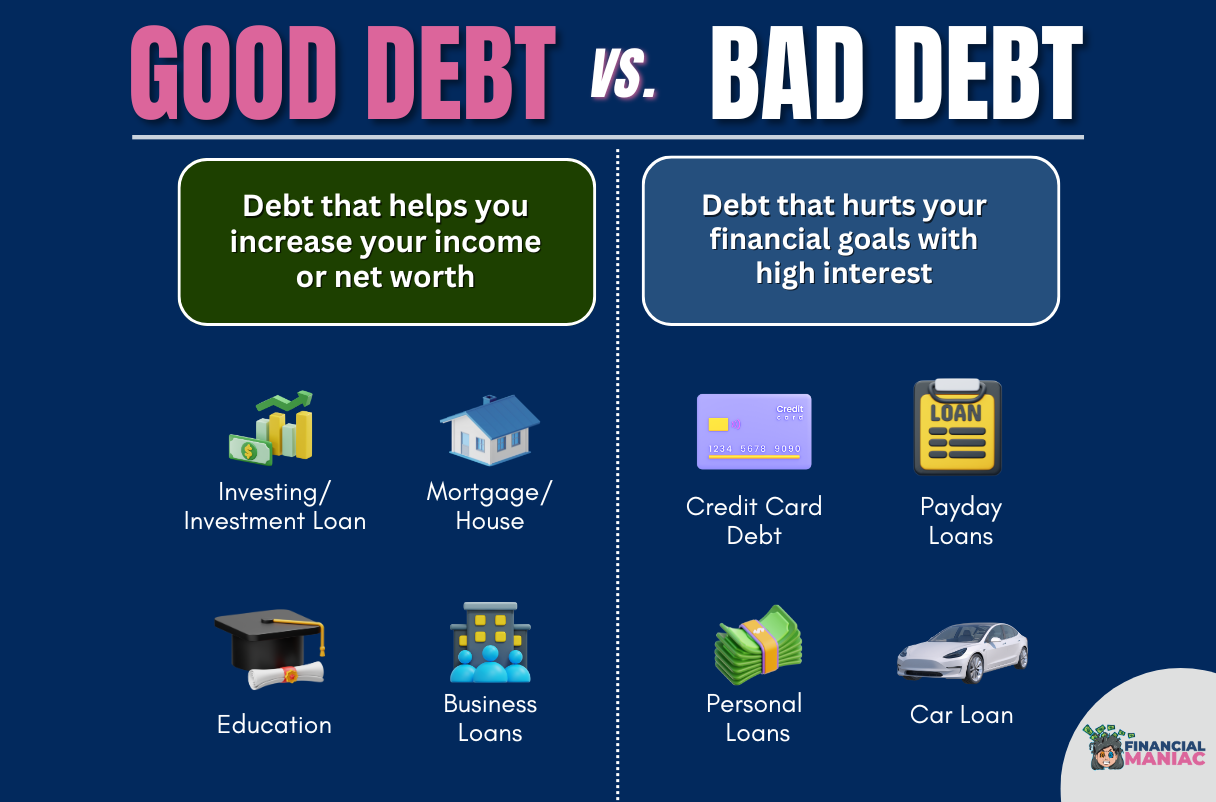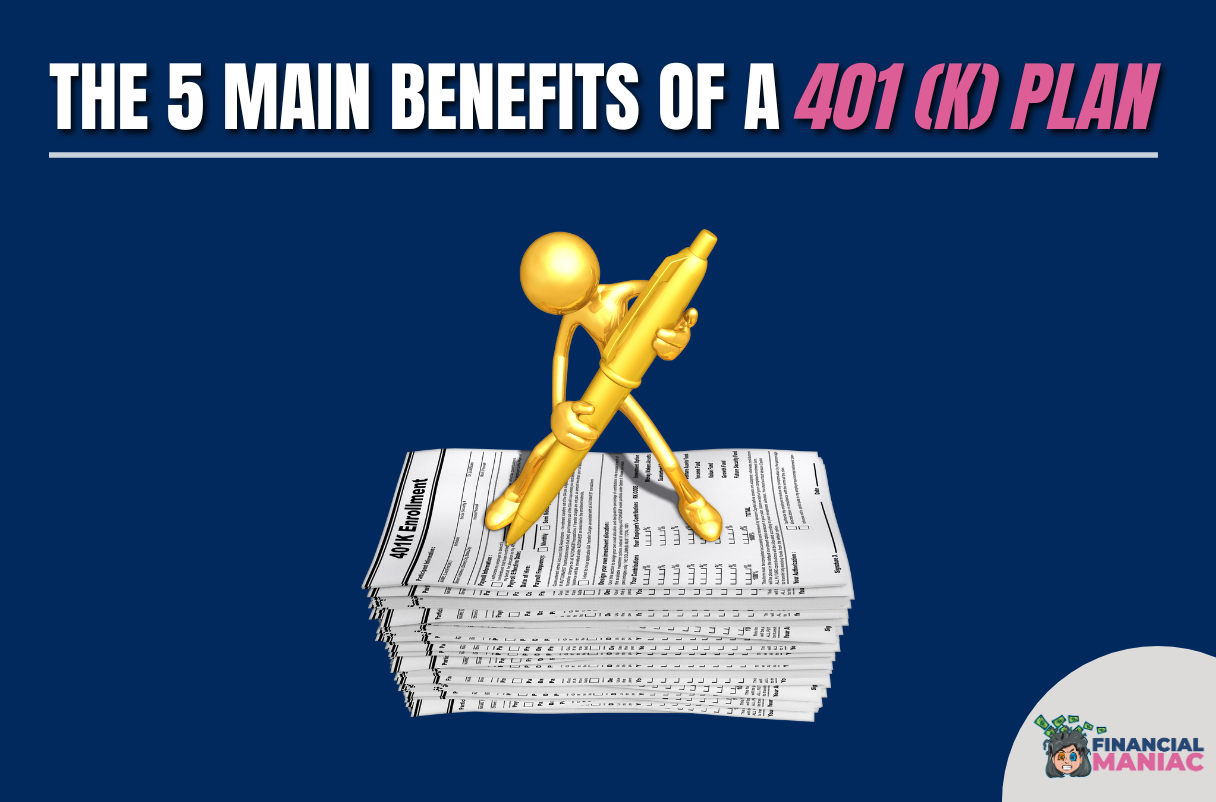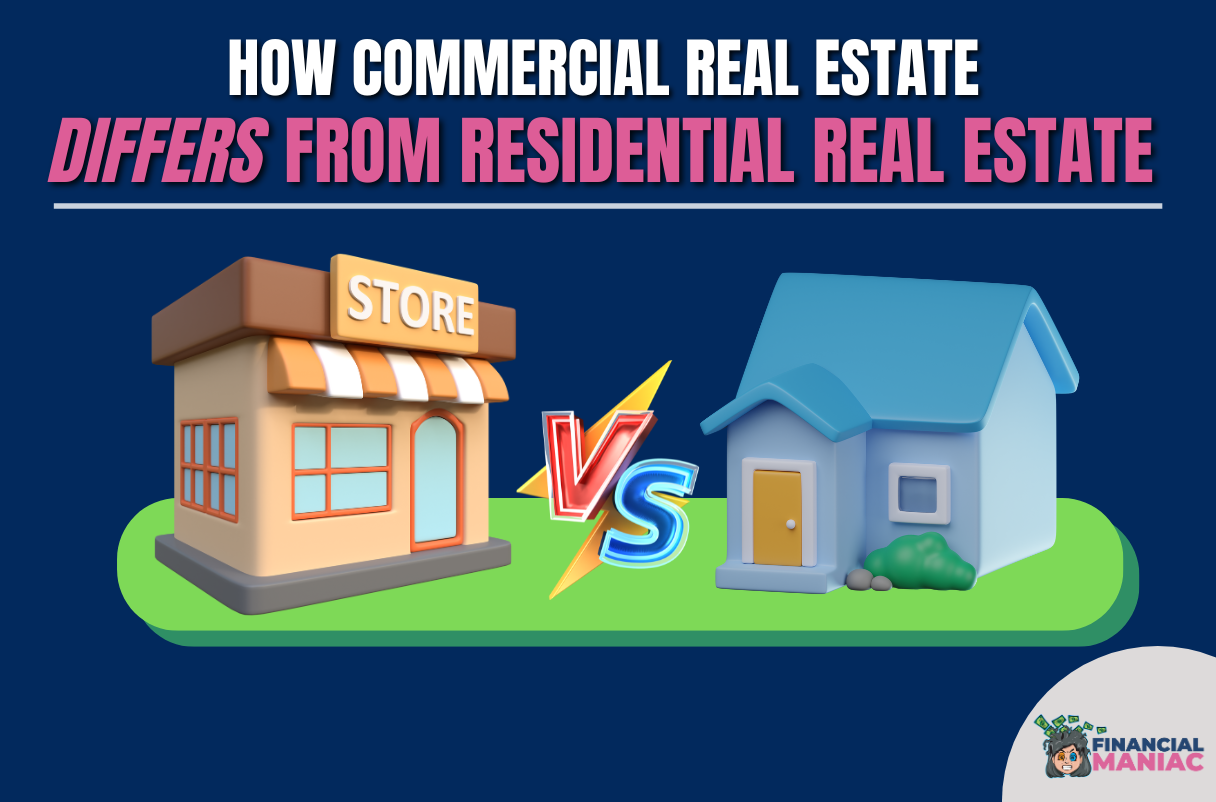MORTGAGES & HOME LOANS
Mortgage Calculator
The amount you need to pay for your mortgage every month will be determined by several factors such as the price of your home, down payment, loan term, property taxes, homeowners insurance, and interest rate on the loan. It's worth noting that the interest rate you'll receive is highly dependent on your credit score. Please use the input fields below to get an idea of what your monthly mortgage payment could potentially be
What's Included in a Monthly Mortgage Payment?
Your lender will split your monthly payment into three separate elements:
- Principal: This portion goes toward paying down your mortgage balance—the original amount you borrowed.
- Interest: This portion goes into the lender’s pocket. It’s their fee for lending you the money.
- Escrow: This goes into a “holding fund” (an escrow account) that your lender or mortgage servicer uses to pay your property taxes and homeowners insurance. They use this holding fund to make sure these crucial bills get paid. Once your mortgage is paid off, you’ll have to pay your property taxes and homeowners insurance on your own.
The above costs are included in every person’s monthly mortgage payment. But depending on your situation, you may also need to budget for these fees:
- PMI: If you make a down payment of less than 20% with a conventional mortgage, you’ll need to pay an additional payment for private mortgage insurance. Certain other loans, like FHA or USDA loans, also require a similar monthly payment (mortgage insurance premium, or MIP) regardless of the size of your down payment. These costs will usually be added to your monthly mortgage payment.
- HOA fees: As noted above, if your new home is within a homeowners association (HOA), condominium, or co-op, you’ll need to pay its fees either monthly or quarterly. Often, this cost won’t be included in your mortgage payment, and you’ll need to pay it on your own.
Understanding the Results of Your Mortgage Calculator
To get the most accurate estimates for your mortgage, you’ll need to provide the following information:
1. Home price: This is the cost of the house you’re buying.
2. Down payment: This is the amount of money you’re paying upfront towards the cost of the home. We recommend a minimum of 20% of the home’s price to avoid additional costs in private mortgage insurance (PMI).
3. Loan term: This is the duration of your loan. The default is 30 years, but you can choose other terms as well.
4. APR: This is the annual percentage rate or the financing cost of the loan you’ll pay over time with each monthly payment.
5. Property taxes: This is the amount you’ll owe in property taxes to the government. The calculator’s default is on the higher end, but you can get a more accurate estimate by finding out the specific rate for your area.
6. Homeowners insurance: This is the cost of insurance that lenders require you to buy. The calculator has the typical cost set, but you can get a better estimate by entering your specific information or getting quotes.
7. HOA fees: If you’re part of a homeowners association (HOA), you may have to pay an additional monthly fee.
Once you’ve provided this information, you’ll get the following numbers in return:
1. Mortgage size: The total amount you’re financing, including the purchase price of the home (minus any down payment) and sometimes closing costs or other fees.
2. Mortgage interest: The amount you’ll pay over time to borrow the money. This is the lender’s payment for giving you the mortgage.
3. Total mortgage paid: The total amount you’ll pay back to the lender (the amount you borrowed plus the interest that will accumulate).
4. Estimated monthly payment: The amount you’ll pay to your lender each month.
How Can I Calculate My Monthly Mortgage Payment?
To calculate your monthly payment for a mortgage, the simplest method is to use a mortgage calculator, like the one we provide. However, if you prefer to verify the calculations manually, you can use the following formula to determine the principal and interest portions of your monthly payment:
M = P[i(1+i)n]/[(1+i)n-1]
Where
M = Monthly mortgage payment (principal plus interest)
P = Principal (i.e., the amount of the loan)
i = Your monthly interest rate (Your lender likely lists it as an annual percentage rate (APR), so to find the monthly interest rate, divide the APR by 12.)
n = How many payments you’ll make over the life of the loan (For a 30-year mortgage, that’s 360 payments: 30 years x 12 months per year.)
From here, you can find out your total monthly payment by adding in any other fees, including the monthly payment amount for taxes and insurance (find their annual costs and divide by 12), HOA or condo fees, and/or PMI.
What Is the Average Interest Rate on a Mortgage in April 2024?
As of Thursday, April 25, 2024, the benchmark 30-year fixed mortgage has an average interest rate of 7.30%, which has increased 8 basis points in the last week.
How to Budget in Order to Afford a Home?
When buying a house, it’s important to plan ahead so you don’t end up spending most of your income on monthly payments. Create a budget that includes all your expenses, savings goals, and income to determine a reasonable amount for housing-related costs. Keep your housing expenses to 30% or less of your income.
Don’t forget to consider the cost of home maintenance and repairs and set aside a certain amount each month for it. To determine what you can afford for monthly mortgage payments, subtract the monthly maintenance amount from the number you budgeted for housing expenses. This will give you a better idea of what you can afford. By following these tips, you’ll make a smart and informed decision when buying a home.
The Benefits of using a Mortgage Calculator?
Calculating your mortgage payments can help you understand the impact of different variables on your monthly payment and total interest payments over time. Your goal should be to minimize the amount of interest paid over the life of the loan while ensuring that your monthly mortgage payments are affordable.
For instance, you can use a calculator to determine how much a 0.03 percentage-point change in mortgage interest rates will affect your monthly payment and the total interest you’ll pay.
Additionally, you can check if you can fit the monthly payments for a 15-year mortgage into your budget, allowing you to own your home outright in half the original time frame.

